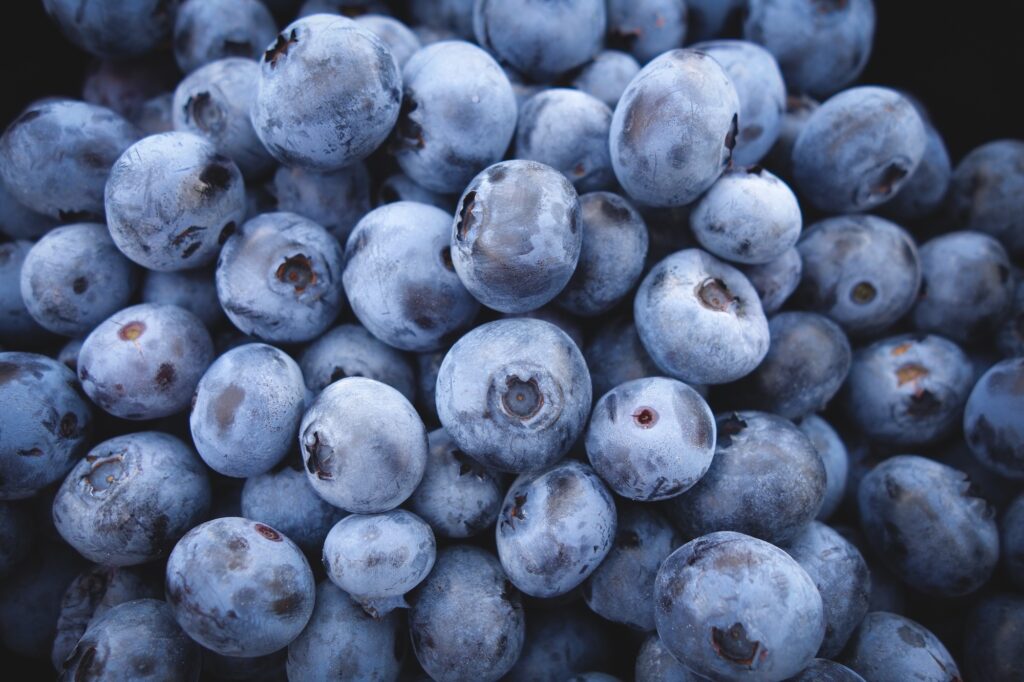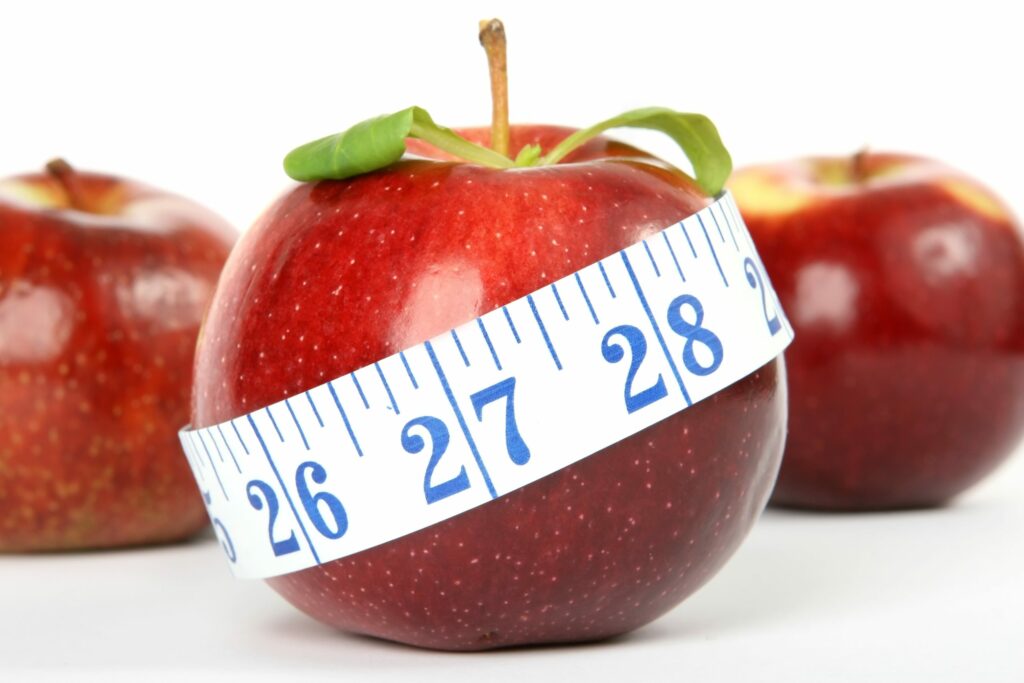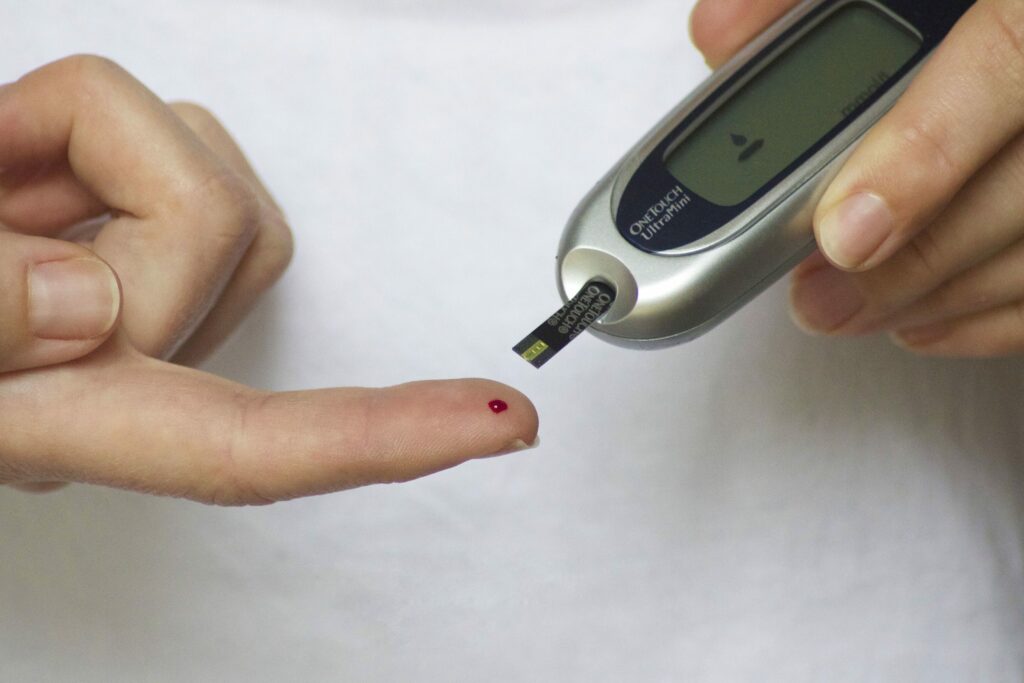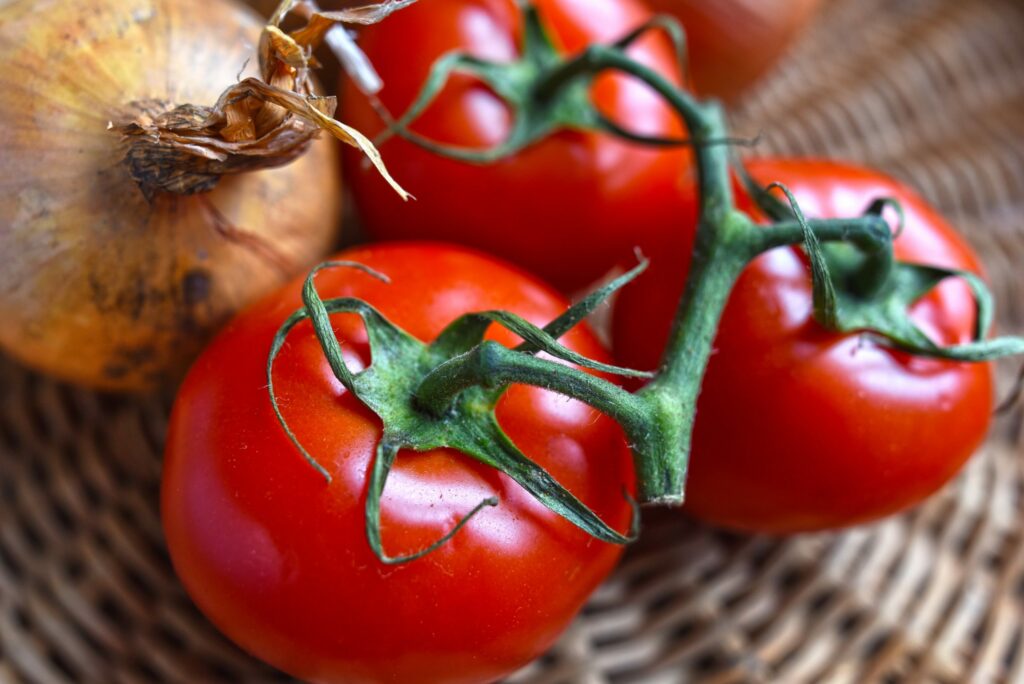Life Blog
Cutting-edge information and tips for creating health in all areas of life – wellness, nutrition, fitness, attitude, and relationships

January 16, 2025
Managing IBS: When Almost Everything You Eat Gives You Gas or Stomach Pain
There’s so much confusion and misinformation about irritable bowel syndrome (IBS). Most of it comes from the fact that symptoms vary from one person to the next and doctors don’t really know what causes it. IBS is a painful condition that affects the large intestine causing what seems like constant abdominal pain, gas and diarrhea. While most people have mild to moderate symptoms, for some it’s a debilitating condition. It affects nearly 20 percent of the population and is the second most common reason why people miss work and school (the number one excuse is the common cold). IBS has no visible signs like inflammation, polyps or tumors, so it’s diagnosed by a process of elimination. And while the symptoms can be treated with diarrhea medication, laxatives, nerve pain medication and antibiotics, they can also be managed with dietary and lifestyle changes. Figure Out Your Triggers Tracking your diet and keeping a food journal is the easiest way to figure out which foods give you stomach pain or gas. Most “attacks” happen right after meals, so it shouldn’t be too hard to figure out what’s causing your symptoms. Keep in mind that there are also non-food triggers, the most common is stress. If you think some of your symptoms are caused by stress, it’s time to explore stress reduction methods like counseling and exercise. Eat a Low FODMAP Diet Research has shown that a low FODMAP diet provides relief for more than half of IBS patients. FODMAP refers to Fermented…
Secret Tips to Maintain Healthy Joints
One thing that most humans take for granted is the joints on our bodies. It isn’t until the joints start causing us pain, stop working properly, or become injured that we realize all the marvelous things that our joints do. When I was a young man, someone once told me that the thing I would…
Learn MoreChildhood Depression
Do you worry that your child might be depressed? As parents, we never want to see our children sad. When the sadness prolongs for no reason, it’s easy for us to blame ourselves and become frustrated. If your child is persistently sad or feels hopeless, it could be a sign that he or she may…
Learn MoreAntioxidants: What They Are And How They Protect Us
Antioxidants are a popular topic when it comes to aging and supplementation. What are Antioxidants? Antioxidants are molecules that inhibit oxidation and fight against cell damage. They protect against many diseases and aging. Antioxidants fight free radicals and reduce cell damage. What are free radicals? Oxidation is a form of a chemical reaction that occurs…
Learn MoreHow To Reduce Belly Fat
Your belly fat, the fatty tissue surrounding your abdominal region, can be divided into two main parts; Subcutaneous fat – 90% of your body fat is subcutaneous. It is in the layer beneath your skin. It’s the fat you can pinch with your fingers. Visceral fat – 10% of your body fat is beneath your…
Learn MoreHow To Know If You Have Anxiety Or A Phobia
Many of us feel anxious from time to time. Experiencing anxiety occasionally is normal unless it starts affecting our daily life. Anxiety can make you feel afraid and tense and cause sweating, palpitations (thumping heartbeat), fast heart rate, tremors, increased breathing, and dry mouth, to name a few. These physical symptoms occur due to the…
Learn MoreBest Diet For Diabetics?
Diabetes is a chronic medical condition where your body cannot utilize insulin (insulin resistance) or produce enough insulin to control your blood sugar. There are two types of diabetes, and in both types, your blood sugar level rises, which can damage your blood vessels, heart, kidneys, and eyes. Uncontrolled blood sugar can also lead to…
Learn MoreHow To Plan The Best Staycation Ever!
Every summer, many people put aside their work, daily stresses and responsibilities and escape on a vacation, somewhere far away from reality. It may be a secluded retreat in the mountains, a camping trip with the kids, an arranged tour in another country, an Alaskan cruise, or days relaxing at an exotic beach or resort….
Learn MoreWhat Causes Diabetes?
There are three basic types of diabetes mellitus: Type 1 diabetes Type 2 diabetes Gestational diabetes The causes and risk factors are different for each type. Type 1 Diabetes Type 1 diabetes is also called Insulin-dependent diabetes. It’s a chronic condition in which your pancreas produces minimal or no insulin. Insulin is the hormone that…
Learn MoreWhat’s So Healthy About A Whole-Food, Plant-Based Diet Anyway?
According to research, a whole-food, plant-based diet improves health and longevity because it focuses on plants and minimizes processed foods. But, it’s more a lifestyle than a diet. Basic Principles of a Whole-food, Plant-based Diet Focuses on plants and plant products – you eat mostly vegetables, fruits, seeds and nuts, legumes, and whole grains. Limits…
Learn MoreTop 10 Benefits Of Essential Oils
Essential oils have many benefits. In this post we’ll discuss their top 10 uses. But you need to know how to use them for maximum benefit. Here to use essential oils properly: Aromatherapy – Diffuse the essential oil into an aromatherapy diffuser (works best in a smaller room) and breathe deeply. It might be possible…
Learn More8 Healthy Eating Tips to Boost Mood, Health, And Longevity
Who says healthy eating is difficult? Well, by following these eight simple dietary habits, healthy eating can become your second nature. Whole grains instead of refined foods Whole grains retain their bran and germ. Examples: oatmeal, wheat, barley, millet, whole rye. They include many important nutrients, such as proteins, vitamins, minerals, antioxidants, and fiber. Whole…
Learn MoreWeight Training Tips For Beginners
Weight training is a great way to increase your self-confidence, fitness, and functionality, and, of course, your overall quality of life. So, congratulations on your decision to begin working out! People have different reasons for why they want to start working out. It could be to get stronger, look better, improve sports performance, or to…
Learn More











